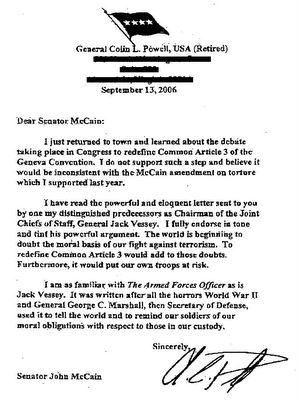I haven't written too much about cultural topics, but this is something you must not miss.
HBO's series
The Wire just started its fourth season last week, and you should be watching it if at all possible. Maybe you've heard about it, and maybe you know it's a cop show. So what, you've seen a lot of cop shows.
Only not like this. I started watching it when I happened to tune in the a rerun of the first episode of Season Three. The scene was people standing around on the site of a demolished housing project, and the theme was the social and economic impact of the destruction of public housing in the inner city. The whole season followed that theme through the eyes of the drug dealers who have to adjust to the loss of their turf and the police who are trying to keep a lid on things or, to be blunt about it, trying to avoid catching shit from their bosses, pretty much any way they can, while knowing they're not winning the "War on Drugs" anytime in their lifetime.
Jacob Weisberg, writing in
Slate, calls it
best TV show ever broadcast in America. I don't know whether that's true or not. What I do know is that it's unique: more than any other cop show,
The Wire explores the perspective of every part of the system, good and bad. You get to know and like some pretty unlikeable police officers and politicians, as well as some very interesting drug dealers.
Seasons One and Three mainly covered the drug trade in and out of the projects, while Season Two addressed corruption and smuggling on the docks, with great portrayals of the world around the longshoremens' hiring hall, the men who depend on the work, which they have only when a ship comes in with enough work for them, and the union leaders who, while corrupt, are desperately trying to keep their union alive.
Current episodes of
The Wire are just getting started again, with tonight's broadcast the second episode of Season Four.This season we're going to see the Baltimore public schools, and the precarious position of the young boys whose futures are still in doubt, but who are pulled between being kids and getting drawn into the drug business.
Seasons One-Three are out on DVD. Put them on your Netflix list or buy them, but watch them.


